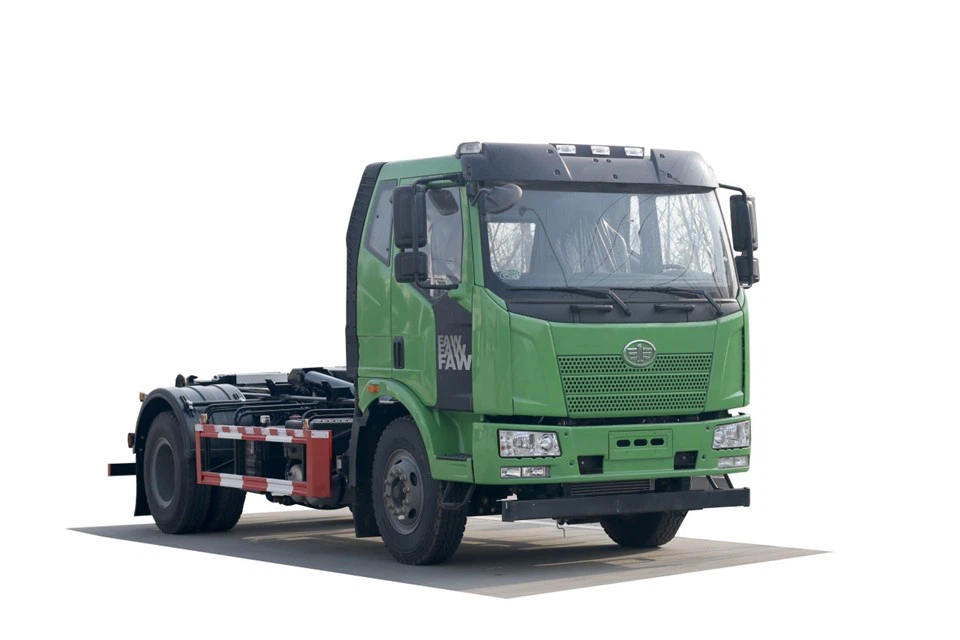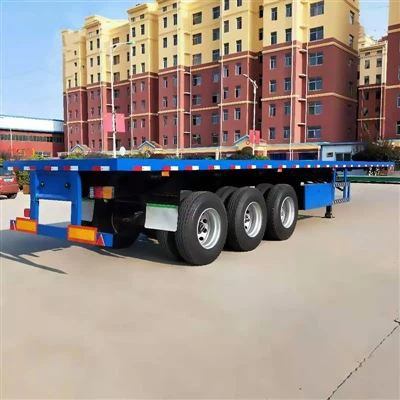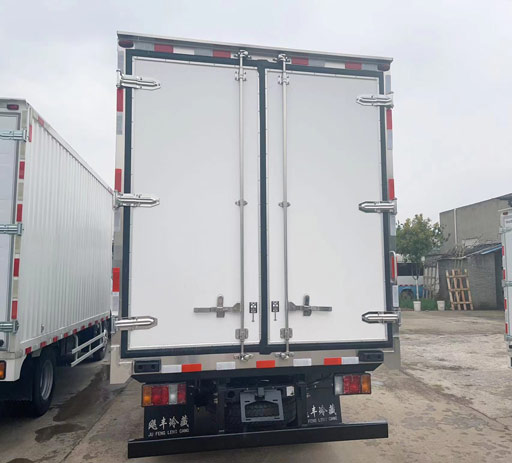Waste Trucks for Sale: A Comprehensive Guide to Buying the Right Waste Management Vehicle

Introduction
When it comes to waste management, selecting the right type of truck is crucial for efficiency and effectiveness. Waste trucks are not just vehicles; they are essential tools for municipal services, private waste management companies, and commercial establishments. This article explores various aspects related to waste trucks for sale, providing insights into different types, features, purchasing tips, maintenance, and frequently asked questions. Whether you are a business owner in need of a new fleet or a municipality looking to replace old vehicles, this guide will help you make an informed decision.
Types of Waste Trucks
Rear-Loader Waste Trucks
Rear-loader trucks are commonly used for collecting waste from residential areas. They feature a large opening at the back and are designed to be loaded by workers who pick up trash from bins and toss it into the truck.
Front-Loader Waste Trucks
Front-loader trucks have a hydraulic arm that enables them to pick up large containers, making them ideal for commercial waste management. These trucks are preferred in industrial areas where high volumes of waste are generated.
Side-Loader Waste Trucks
Side-loader trucks feature a collection arm on the side of the vehicle that can pick up waste bins, allowing operators to collect waste without leaving the cab. This design improves efficiency and safety, particularly in crowded urban areas.
Roll-off Trucks
Roll-off trucks are designed to transport large waste containers or dumpsters. These trucks are commonly used for construction sites and large clean-up projects, allowing for quick and efficient hauling of significant amounts of waste.
Compactor Trucks
Compactor trucks come equipped with a compactor that compresses waste, allowing for more efficient disposal. These trucks are beneficial for high-volume waste management scenarios like municipal garbage collection.
Features to Consider When Buying Waste Trucks
Capacity

The capacity of the truck determines how much waste it can carry. Consider the needs of your operations—higher capacities are essential for high-volume waste collections.
Engine Type
The type of engine (diesel vs. gas) can significantly influence the truck’s performance, fuel economy, and emissions. Diesel engines are typically preferred for their power and efficiency in heavy-duty applications.
Size and Maneuverability
Depending on the areas where the truck will operate—urban vs. rural—size and maneuverability are crucial. Smaller trucks may be easier to navigate through tight spots.
Durability and Build Quality
Waste trucks are subjected to harsh conditions. A robust build quality ensures longevity and reduces maintenance costs. Look for stainless steel or aluminum bodies for durability.
Technological Features
Modern waste trucks come equipped with various technological features that improve their functionality, such as GPS tracking, route optimization software, and advanced safety systems.
Where to Find Waste Trucks for Sale
Online Marketplaces
Websites like eBay, Craigslist, and specialized truck sale sites are great places to browse for used or new waste trucks. Always check the credibility of the seller.
Dealerships
Visiting local dealerships can provide hands-on experience and immediate support. Choose a reputable dealer who specializes in commercial vehicles.
Auction Houses
Auctions can be an excellent opportunity for finding waste trucks at competitive prices. However, ensure to check the truck’s condition and maintain a budget to avoid overspending.
Manufacturer Websites
If you are interested in new trucks, visiting the manufacturer’s website can provide comprehensive details about specifications, pricing, and local dealers.
Practical Tips for Buying Waste Trucks

Set a Budget
Determine a budget that includes not only the purchase price but also additional costs for maintenance, insurance, and potential modifications.
Inspect the Vehicle
Always have a professional inspection done before purchasing a second-hand waste truck. Look for signs of wear and tear, rust, or mechanical issues.
Test Drive
Take the truck for a test drive to get a feel for its handling, braking, and other operational features. This experience can help in making an informed decision.
Research Financing Options
For businesses, financing options may be available. Research different loans, leasing options, and grants that can ease the burden of purchasing a new truck.
Understand the Warranty
Whether buying new or used, understanding the warranty terms can save you from unexpected repair costs later on. Choose a truck that offers comprehensive coverage.
Maintenance Tips for Waste Trucks
Regular Inspections
Schedule regular inspections to catch potential issues early. Check hydraulic systems, brakes, tires, and engine performance routinely.
Oil Changes
Change the oil regularly according to the manufacturer’s recommendations to ensure optimal engine performance and longevity.
Cleaning the Truck
Waste trucks can accumulate dirt and grime quickly. Regularly cleaning the exterior and interior helps maintain a professional appearance and prevents rust.
Record Keeping
Keep detailed records of all maintenance and repairs. This information is useful for resale purposes and can help in tracking operational costs.
Regulations and Compliance
Local Waste Management Regulations
Different regions have specific waste management regulations that may influence your purchase. Research these regulations to ensure compliance.
Environmental Considerations
Choosing eco-friendly options, such as low-emission engines, can not only help in complying with regulations but also enhance your company’s reputation.
Common Mistakes to Avoid When Buying Waste Trucks
Underestimating Costs
Many buyers only focus on the purchase price. Consider long-term costs like maintenance, fuel, insurance, and possible repairs.
Skipping Research
Not researching different models and features can lead to purchasing a truck that doesn’t meet your needs. Take time to read reviews and compare specifications.
Ignoring the Importance of Warranty
Choosing a truck without a warranty can backfire. Ensure you understand what is covered and for how long to avoid unexpected expenses.
Overlooking Resale Value
Consider the resale value of the truck. Some brands and models depreciate faster than others. Make a choice that potentially retains its value.
FAQ
What is the average price of waste trucks?
The price of waste trucks can vary widely based on type, condition, and features. Used trucks may range from $10,000 to $50,000, while new ones can start from $75,000 and go up substantially for specialized models.
How do I know if a used waste truck is a good deal?
Evaluating the truck’s condition, verifying its maintenance history, and comparing prices in the market can help determine if it is a good deal. A mechanic’s inspection is also recommended.
Are there financing options available for purchasing waste trucks?
Yes, many banks, credit unions, and dealerships offer financing options for business vehicles, including waste trucks. Explore loans and leasing options to find what suits your financial situation.
What maintenance is required for waste trucks?
Regular maintenance includes oil changes, brake inspections, tire rotations, and hydraulic system checks. Compliance with the manufacturer’s guidelines is essential for maintaining warranty coverage.
Can waste trucks be customized?

Yes, many manufacturers offer customization options to best fit the operational needs of the buyer. Consider features like additional storage compartments or specialized loading mechanisms.
How can I increase the fuel efficiency of my waste truck?
Regular maintenance, proper tire inflation, and smooth driving habits can improve fuel efficiency. Consider investing in a truck with advanced fuel-saving technology as well.
